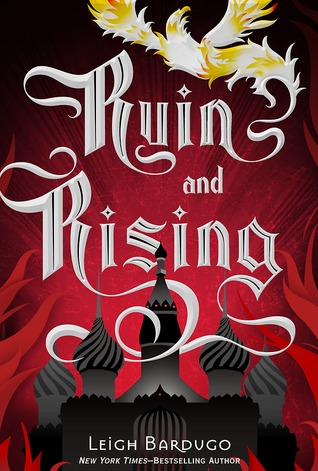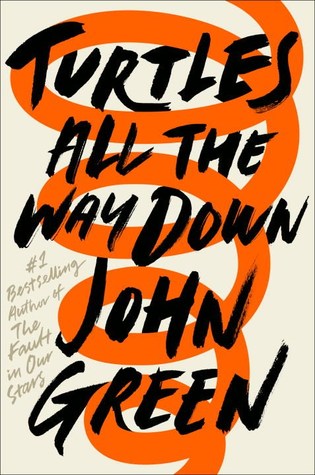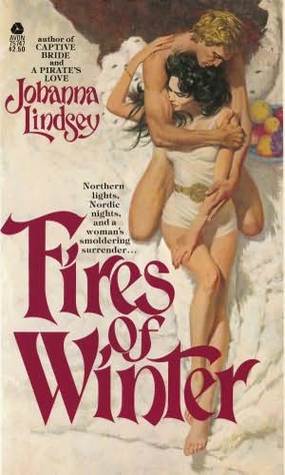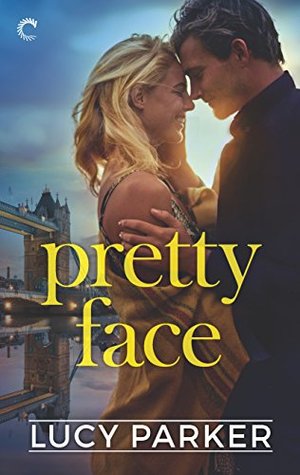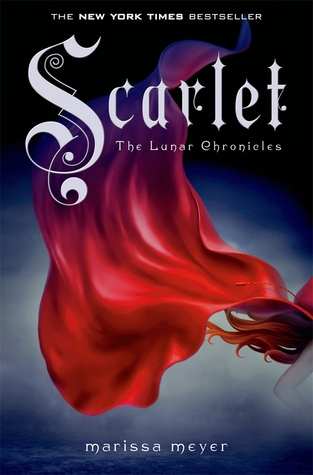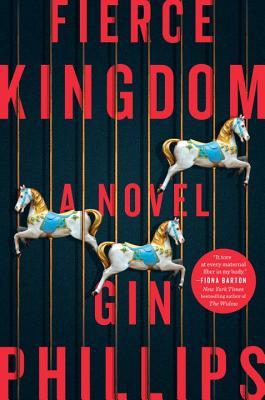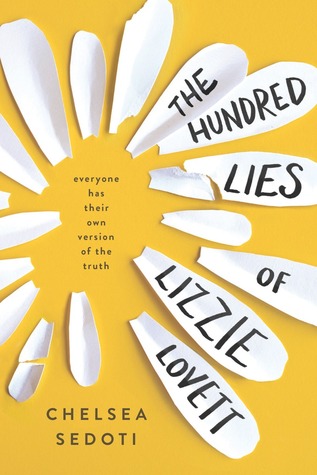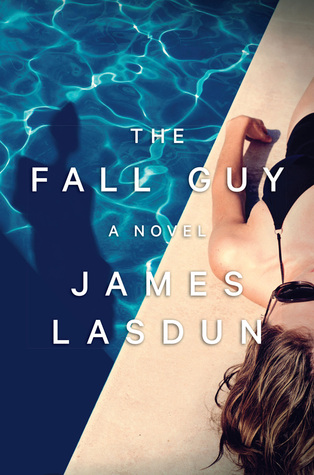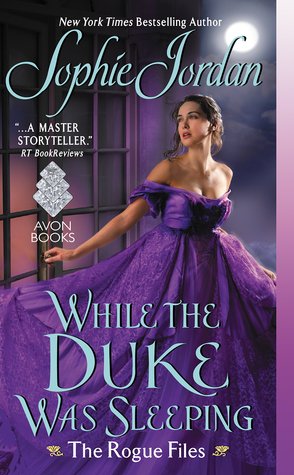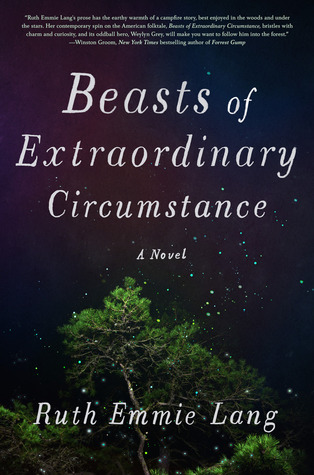 When I saw the Book of the Month selections for October, I'm going to admit, I wasn't entirely thrilled. There was nothing that really spoke to me, but I needed to get a book from this month so I could get my extras from previous months, so I finally picked Beasts of Extraordinary Circumstance because it seemed to have a magical realism element to it that might be interesting.
When I saw the Book of the Month selections for October, I'm going to admit, I wasn't entirely thrilled. There was nothing that really spoke to me, but I needed to get a book from this month so I could get my extras from previous months, so I finally picked Beasts of Extraordinary Circumstance because it seemed to have a magical realism element to it that might be interesting.I loved it.
This is the story of Weylyn Grey, but Weylyn himself isn't a perspective character until the second-to-last chapter. Instead, his story is told through the perspectives of other people. First is Mary Penlore, the girl who first encounters him living in the woods with a wolf pack and buying out every butcher in the area for enough meat for them to survive. Mary is a recurring character throughout the book, drawn to Weylyn after their first encounters even across years. Also included are Weylyn's foster sister and her son, his teacher and eventual foster mother, the mayor of a small Mississippi town, one of his coworkers, and a young boy who encounters Weylyn living in the woods years later. This wide range of perspectives gives insight into Weylyn even though we don't ever hear from him in a first-person perspective--even his dedicated chapter is written in third person, rather than first-person like all of the other chapters.
Mary and Weylyn's relationship, fraught by Weylyn's strange abilities to control (or not control) the weather, is what's really at the heart of this book. At some points, it seemed like a sweet relationship, like when Weylyn decides to do something for Mary's birthday. However, I'm ultimately not convinced that it's a healthy one. Weylyn is fascinated by Mary because she is normal, and he is not. Mary is fascinated by Weylyn because he is not normal, and she is. Ultimately, there's not much more to their relationship than that, which is kind of sad, because I wanted them to connect in spite of their differences, rather than because of them. It just doesn't seem like enough to build a lasting relationship on, or else it would have happened sooner than it did.
There is some beautiful imagery in here; the magical realism certainly helps with that. Taking fantastical elements in such a normal way means that things like fireflies that make honey that becomes light that becomes an energy source can be mentioned, and incorporated with breathtaking detail. The wolves are wonderful, Weylyn's house is creepy, and Merlin the pig is adorable. All of this seems to come to the page effortlessly, making it seem both real and strange at the same time. Ultimately, this was a wonderful story for the magical realism, for the story, for the characters--but I wish there had been a bit more to the relationship at the heart of it.
4 stars out of 5.
